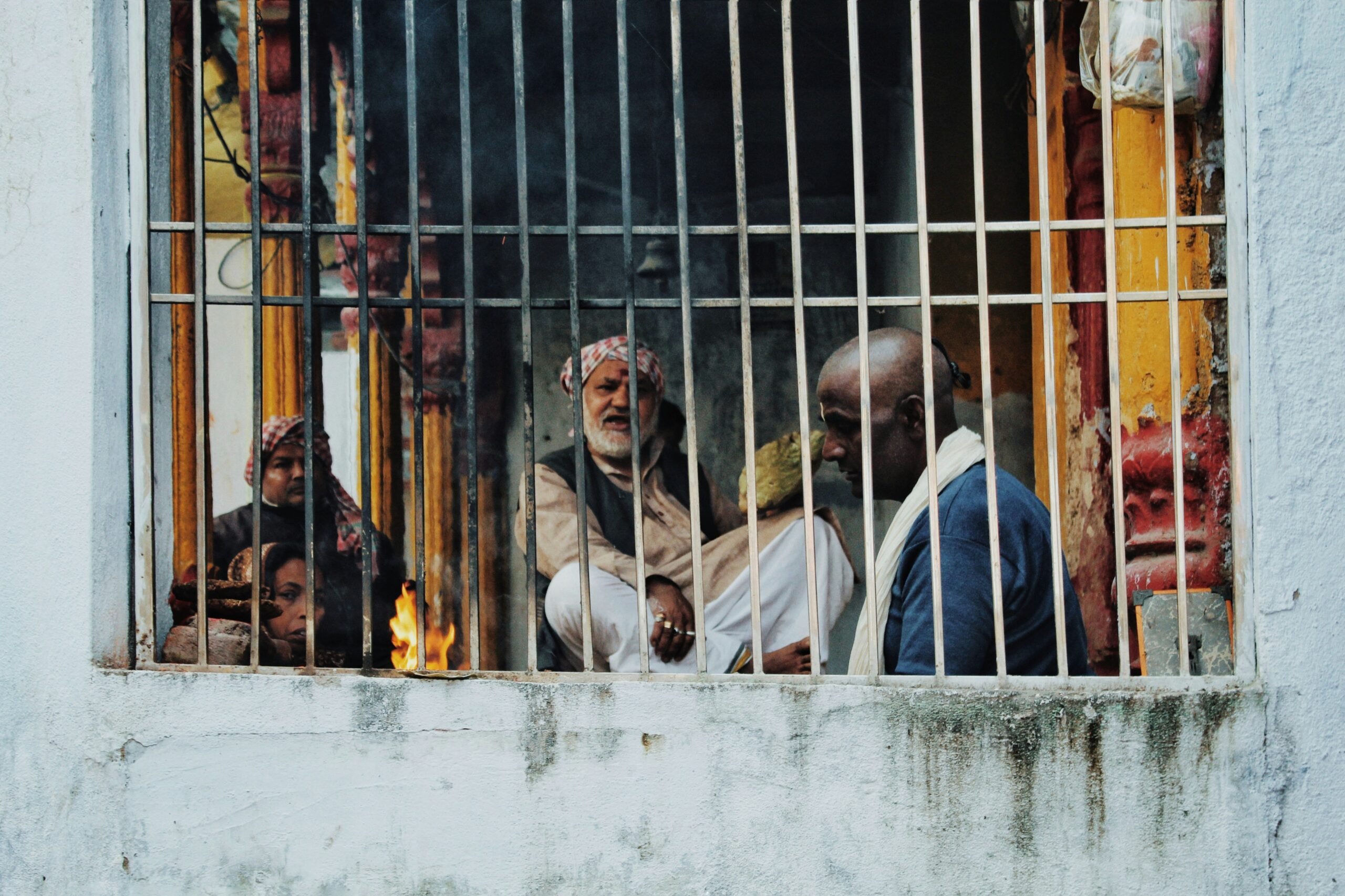
New Delhi, December 14, 2023 – In a controversial move, the Indian government has banned 25 books focused on the history and politics of Jammu and Kashmir, claiming they promote ‘false narratives’ and ‘secessionism’. This sweeping action includes the notable work ‘A Dismantled State: The Untold Story of Kashmir After Article 370’, a detailed account by an anonymous author that challenges the official narrative of normalcy in the region post the revocation of its special status.
Background of the Ban
On August 5, 2019, the Indian government annulled Article 370 of its Constitution, removing the special status granted to the Jammu and Kashmir region, and bifurcated it into two union territories directly governed from New Delhi. This drastic political shift was marked by increased military presence and severe restrictions on communication and movement, ostensibly to prevent unrest.
Details of the Book and Its Impact
‘A Dismantled State’ offers an in-depth look into the turbulent changes in Jammu and Kashmir following the 2019 amendments. Based on extensive ground research and interviews, the book documents the heightened suppression, lack of freedom of expression, and the harsh realities under the increased control of the Indian state. It counters the government’s claims of fostering peace and development in the region, highlighting instead the continued strife and discontent among its residents.
Government Justification and Public Reaction
The Indian government justifies the ban as a necessary step to quell secessionist sentiments and maintain national integrity. However, critics argue that it is a direct attack on freedom of speech and an attempt to erase dissenting perspectives on Kashmir’s situation. The ban has sparked outrage among scholars, activists, and international observers, who see it as an act of censorship threatening the democratic fabric of the nation.
The Broader Implications
This move is part of a broader pattern of repressive measures in Jammu and Kashmir, including frequent detentions and crackdowns on local media and civil society. With the suppression of alternative narratives, the government’s actions raise serious concerns about the state of democracy and human rights in the region.
Conclusion
The ban on books in Kashmir is more than an act of censorship – it is a reflection of ongoing political strife and the complexities of managing dissent in sensitive regions. As the world watches, the future of Kashmir remains mired in controversy, with its people caught between the narratives of normalcy and ongoing conflict.


